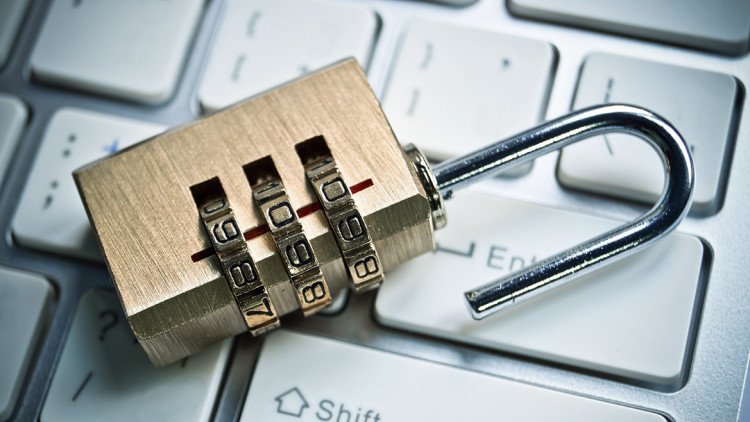Passwords are the first line of defense against unauthorized access of the College’s information systems and other resources. Poorly constructed passwords are easily compromised and can lead to a breach of the College’s security protocol and leak of your confidential information. You can greatly reduce these risks by constructing strong passwords and ensuring proper password management.
On Feb. 1, 2015, the College will activate new password standards. All passwords created after Feb. 1, must adhere to these new standards. The new password must:
- Be at least 15 characters long.
- Contain characters from each of the following four classes:
- English uppercase letters (example: A, B, C, etc.)
- English lowercase letters (example: a, b, c, etc.)
- Numbers (example: 0, 1, 2, etc.)
- Non-alphanumeric special characters (example: !?*, etc.)
- Expire automatically every 180 days.
The new password must NOT:
- Contain user name, first name, middle name, last name, nickname or birthdate.
- Be repeated for at least five cycles.
- Be based on a predictable pattern, such as the alphabet or the layout of a standard keyboard.
The College recommends that you follow the steps below to create a strong password:
- Use an easy-to-remember phrase that contains at least four words, with “word” defined as two or more distinct letters. (Example: “April showers bring May flowers”)
- Substitute numbers, symbols, acronyms or abbreviations for letters or words. (Example: “@$h0wersB5Flwrs”)
- Test the password strength through a password checker.
More password tips from MDC
- Always use strong passwords.
- Make sure to use different passwords for each of your accounts.
- Be sure no one watches when you enter your password.
- Always log off if you leave your device and anyone is around. It only takes a moment for someone to steal or change your password.
- Avoid entering passwords on computers you don’t control (like computers at an Internet café). They may have malware that steals your passwords.
- Avoid entering passwords when using unsecured Wi-Fi connections (like at the airport or coffee shop). Hackers can intercept your passwords and data over this unsecured connection.
- Don’t tell anyone your password. Keep your passwords safe by keeping them to yourself.
- It’s okay to write down your passwords, but don’t store your written passwords close to your computer. You can also write a “tip sheet,” which will give you a clue to remember your password, but doesn’t actually contain your password on it.
